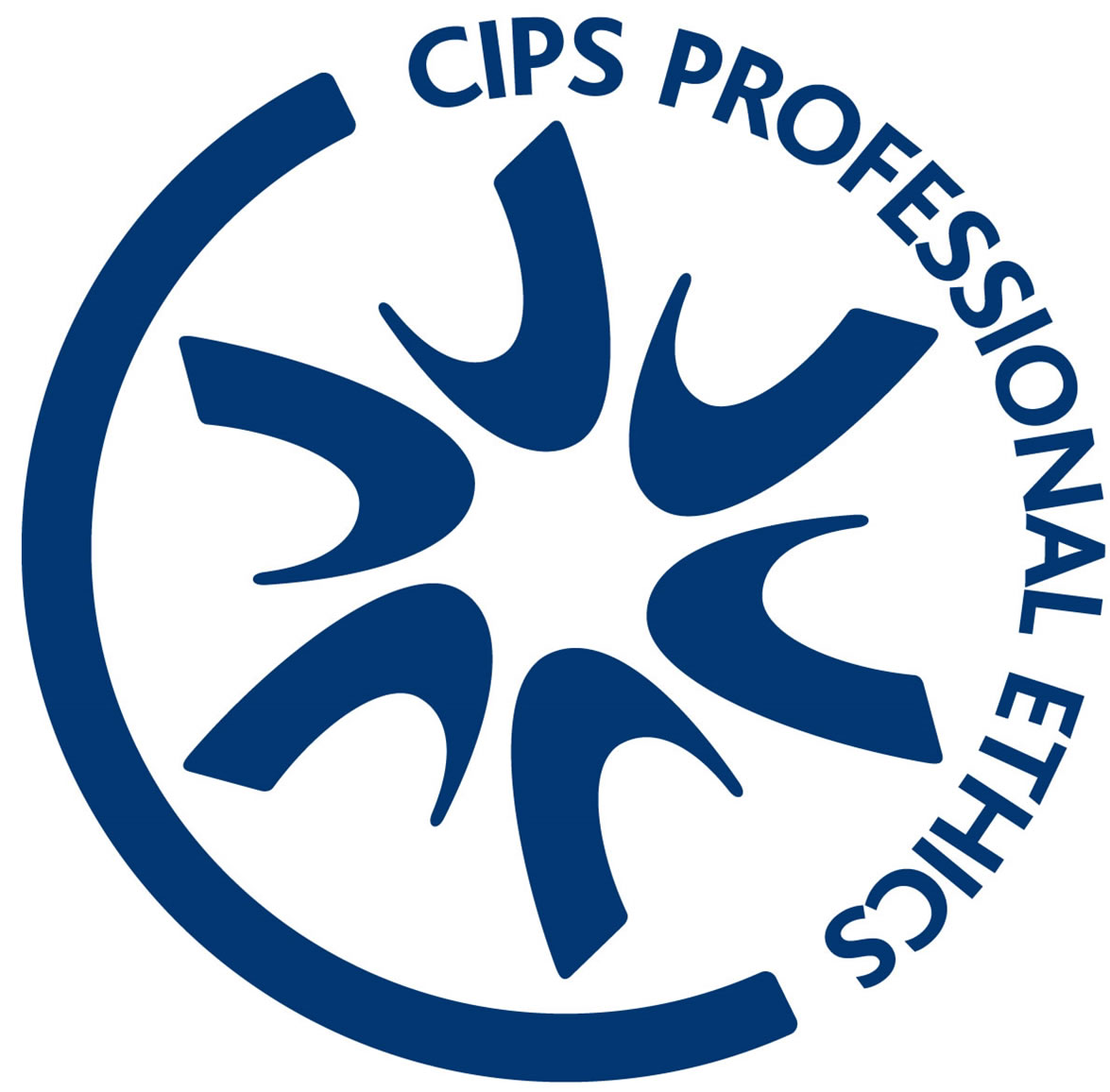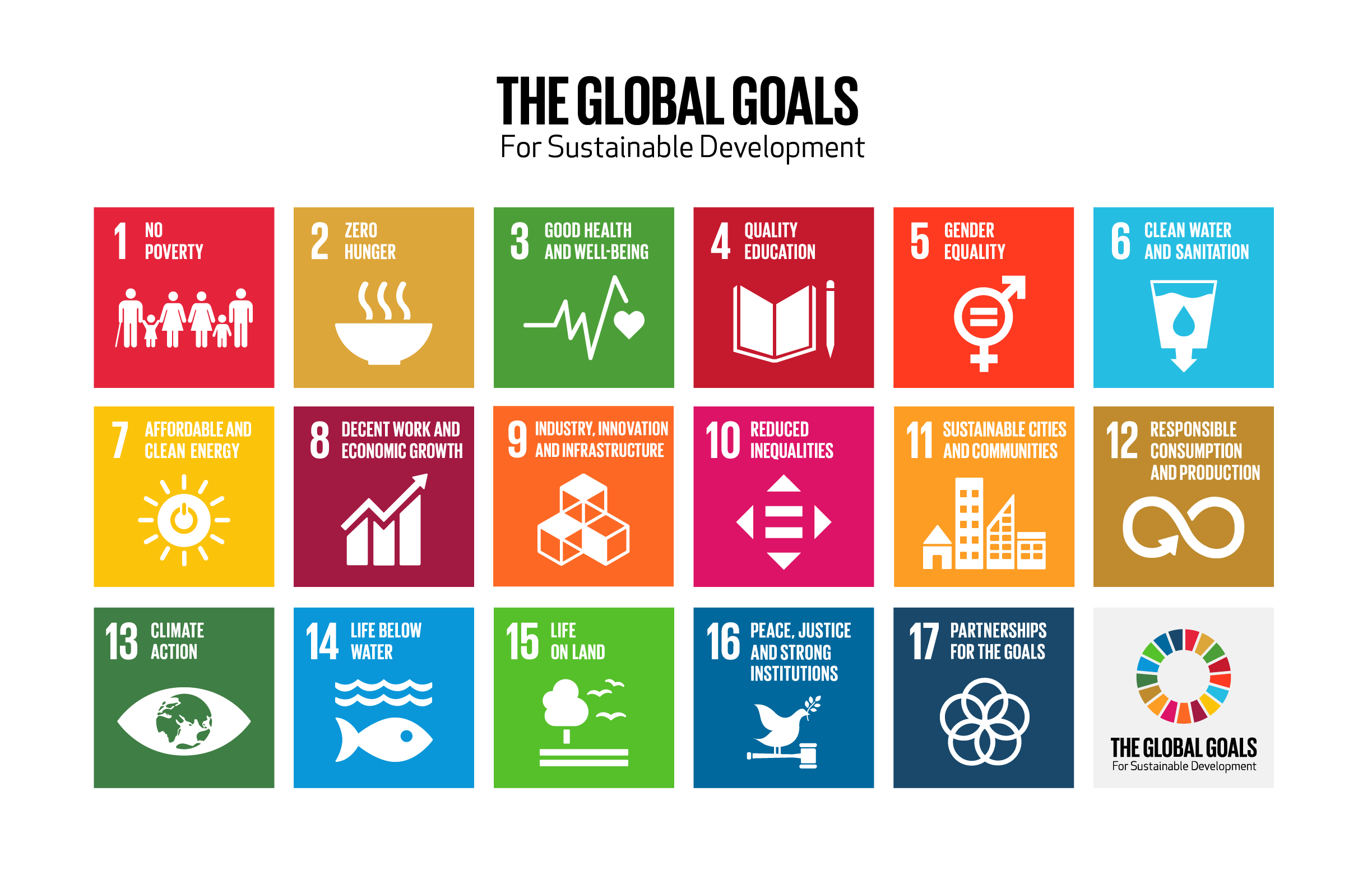The 2018 procurement policy and strategy of York St John University have been constructed so as to give unquestionable clarity on the way we choose to do business. The manner in which we award contracts and the way we choose who to award contracts to, will say a lot about the kind of institution we are and wish to be.
It is with this approach in mind that York St John has recently applied for and been granted the Corporate Ethical Mark of the Chartered Institute of Procurement and Supply (CIPS).
CIPS operate under a Royal Charter and are the internationally recognised professional body who provide governance, oversight and best practice guidance to purchasing and supply chain professionals across the globe.
The CIPS Code of Ethics
By adopting this code of professional ethics we are committing to maintain standards in ethical practices which cover four specific areas. Each area contains a number of activities that will uphold the values of the code.
| Understanding and commitment | Ethical practice |
| Ensure consistent understanding of business ethics across the organisation at all levels
Continually enhance knowledge of all relevant laws and regulations in the countries in which the organisation operates, either directly or indirectly Commit to eradicating unethical business practices including bribery, fraud, corruption and human rights abuses, such as modern slavery and child labour |
Conduct all business relationships with respect, honesty and integrity, and avoid causing harm to others as a result of business decisions
Treat all stakeholders fairly and impartially, without discrimination or favour Actively support and promote corporate social responsibility (CSR) Avoid any business practices which might bring the procurement profession into disrepute. |
| Professionalism | Accountability |
| Use procurement strategies to drive unethical practices from the supply chain
Ensure procurement decisions minimise any negative impact on human rights and the environment whilst endeavouring to maximise value and service levels Put ethical policies and procedures in place, regularly monitored and updated, and ensure compliance Mandate the education and training of all staff involved in sourcing, supplier selection and supplier management to professional standards Practise due diligence in all business undertakings. |
Accept accountability and take ownership of business ethics
Foster a culture of leadership by example Take steps to prevent, report and remedy unethical practices Provide a safe environment for the reporting of unethical practices. |
By adopting the Corporate Ethical Mark it represents an unequivocal statement of intent, that we are living up to our requirement to be responsible custodians of student fees.
Not only does displaying the mark stand as a testament to our own convictions, but it gives the university genuine differentiation within the sector. York St John is one of the few universities in the world to have been accredited with this standard and will now be entered onto the CIPS Corporate Ethical Register of companies.
Achieving this award puts the university alongside such diverse international organisations as John Lewis, The Abu Dhabi Islamic Bank and the UK Government’s Foreign and Commonwealth Office.
Focusing our approach on corporate ethics will particularly help us meet Global Goal number 16 – which asks us to be responsible in our business activities in order to support peace, justice and the promotion of strong institutions. Our targets to help us meet this goal include;
- Seeking to eliminate corruption and bribery in our supply chains
- Striving to develop greater accountability and transparency in our practices
- Ensuring that our decision making is responsive, inclusive and representative
- Ensuring that we make information accessible to the public and protect fundamental freedoms
- Promoting and enforcing laws and policies that that are non-discriminatory
- Protecting children from abuse, exploitation and trafficking
- Combating organised crime and illicit financial crime
There is no silver bullet or single action that will resolve all of these challenges at once. Instead it will require our ongoing resolve and diligence in order to ensure we remain aware of our collective responsibilities.
If you wish to learn more about responsible procurement and the university’s wider activities that are being introduced in order to manage our contribution to sound corporate ethics, please get in touch.
Further information about CIPS and corporate ethics can be found here;
https://www.cips.org/en-gb/cips-for-business/performance/ethics
Further information about the UN Global Goals can be found here;


